Navigating the holidays with kids of all ages can be a little challenging for everyone. Between the excitement, late nights, extra sweets, and schedules being thrown off, there is a lot to adjust to!
Here are a few tips to help you through the holidays…
Manage Expectations
First, this can be a helpful reminder for you as the adult AND for your kids. Expect that there may be a few more meltdowns or less tolerance for frustration. Everyone’s tank is running a little empty put still pushing the throttle.
Review with your child, of all ages, what to expect at the holiday party, the school winter concert, the change in the school schedule, Christmas Eve mass, family dinner, etc.. Even if you do not anticipate it to be “problematic,” reviewing the event beforehand during calm moments, will preemptively help your child know what to expect. This is especially important if your child can be more responsive to different sounds, foods, crowds, and a change in their routine.
Stick to Routines
Speaking of routines, trying to adhere to your child’s normal routine as much as possible is key. This goes for the school day (if you are a teacher reading this) as well as at home. Even if things get pushed off the time schedule a bit, try to maintain the same routine whether it is the order of getting ready for bed, the morning routine to get out the door, the food you normally eat. These can seem like small adjustments, but for kids the structure is comforting.
Some Extra Time
If your house is like mine, there is so much to remember on the day-to-day, the item that needs to come to school for the special activity, the end-of-season soccer party after school, money for the book fair, the secret santa gift exchange, going to the post office after drop-off, I could go on and on. With these extra things it is easy to get more rushed and the more rushed we get, the crankier everyone gets as well. Try to plan for some extra time to get ready so as not to rush getting out the door whether it is for school, or Christmas Eve mass, or the holiday party.
Collaborate with your Child
One of the most useful strategies can be partnering with your child to problem solve. This helps lay out some of the expectations and also invites them to pause and identify strategies that can be helpful. This is most useful when done ahead of time, not during moments of stress. This can be done with young kids and is very effective for tweens and teens. Just scaffold it a bit more for younger or kids who might need some help with ideas. Some examples of how this can look are, “We are going to be out late this weekend for a party. Do you want to change into your pjs before we get in the car to drive home or at home?” For older kids who need some support with executive functioning, this can mean asking them how they can prioritize their work to avoid any last minute “but I have report due!” It can be helpful to sit down during the weekend and talk about the upcoming events and look at the calendar to plan out when homework can get done. And one of my favorite tricks to help kids feel like they are partners and give them some control where it can be given is, “it’s almost time to leave. Do you want to leave in 3 minutes of 4 minutes.” Or as they get older, it can be as simple as some forewarning before it is time to leave.
Get Outside
During this busy holiday season, one of the simplest things you can do is get outside. It might be colder or rainy, but time outside will help everyone’s nervous system. This is especially true when you can sense that you or your child is getting a bit dysregulated. Take a quick break from the party or holiday concert outside, stop by the park for 30 minutes in between after school activities. If you are a teacher, try the craft activity outside (less mess in your classroom!) or some extra recess time to burn off the energy.
What other strategies work for you? Let me know!
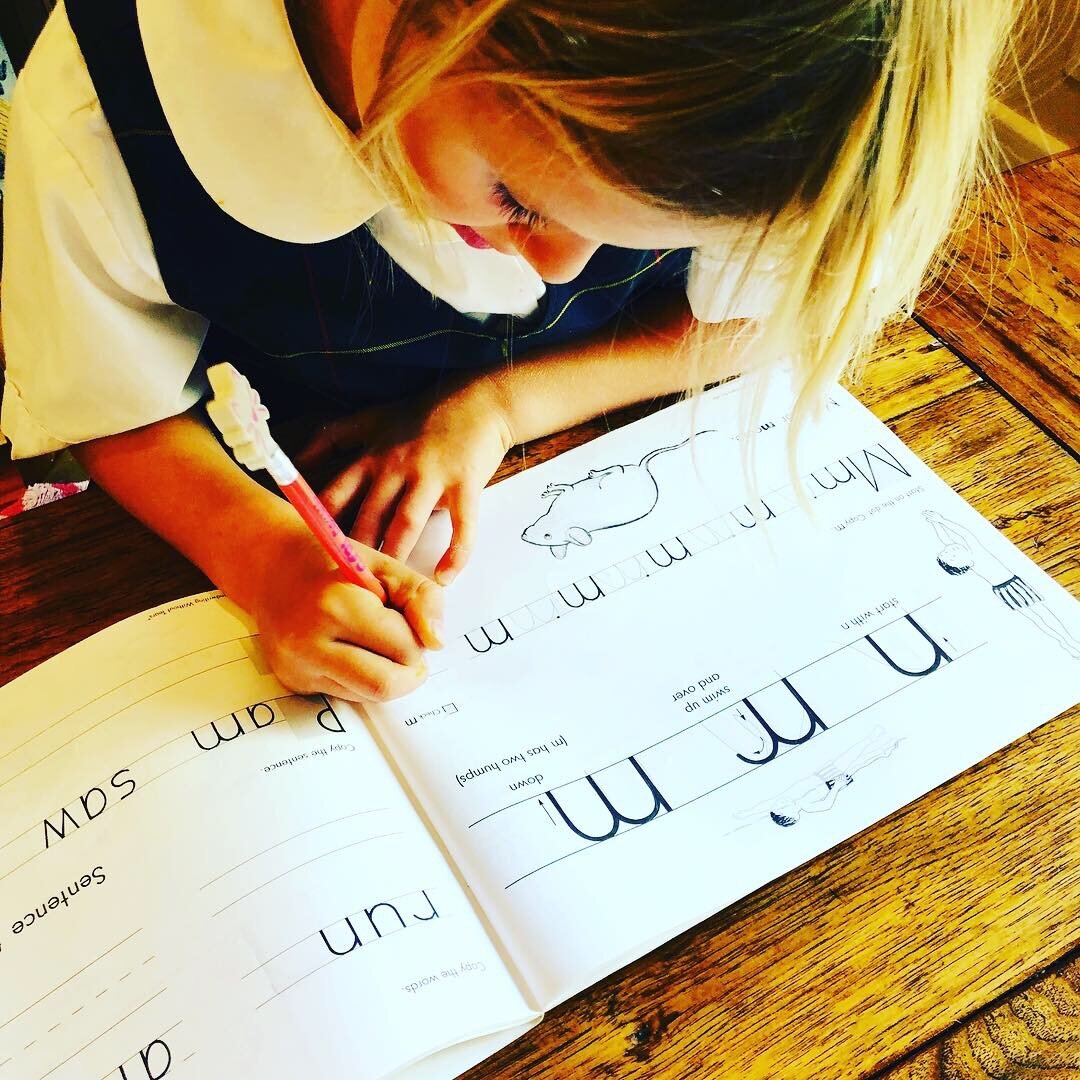






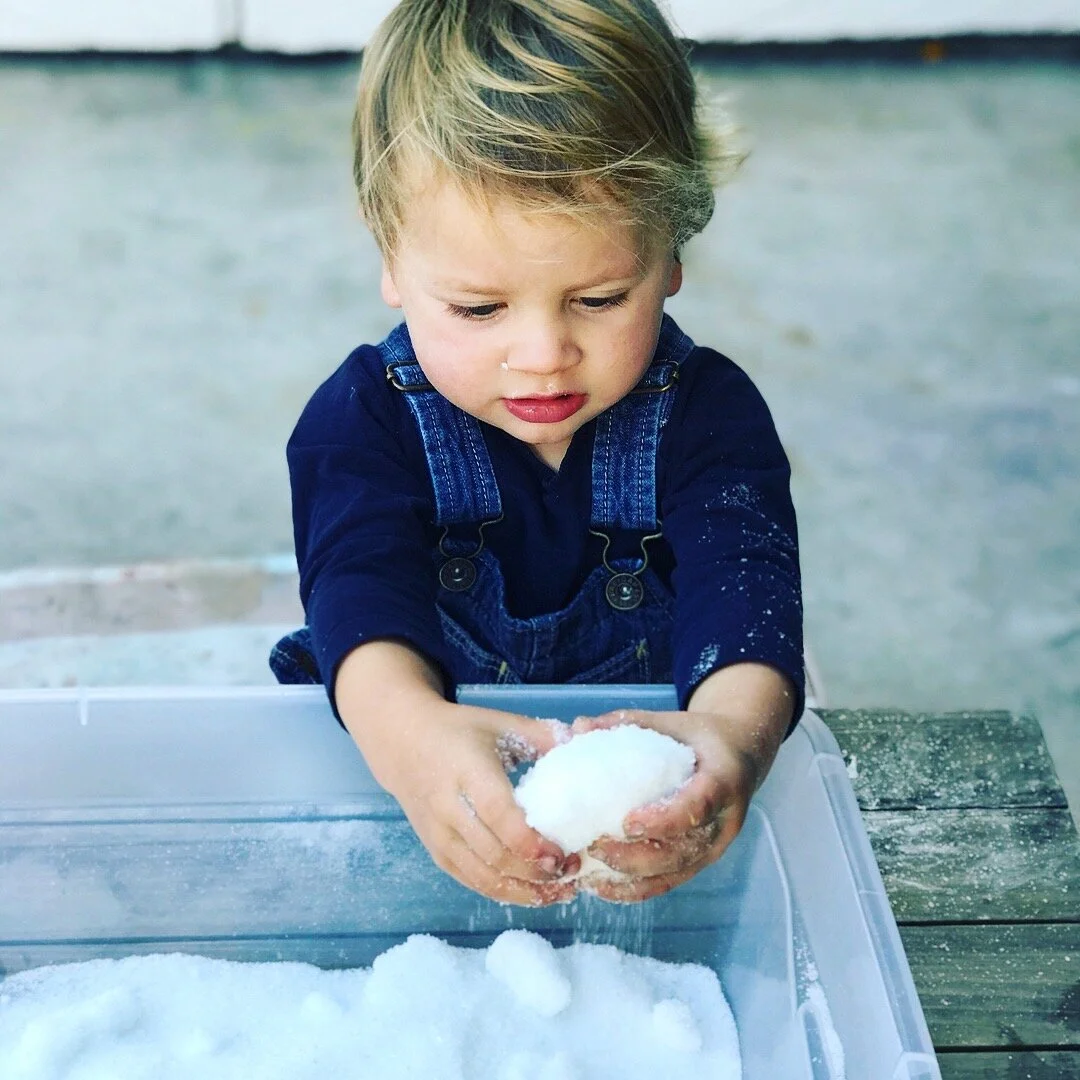


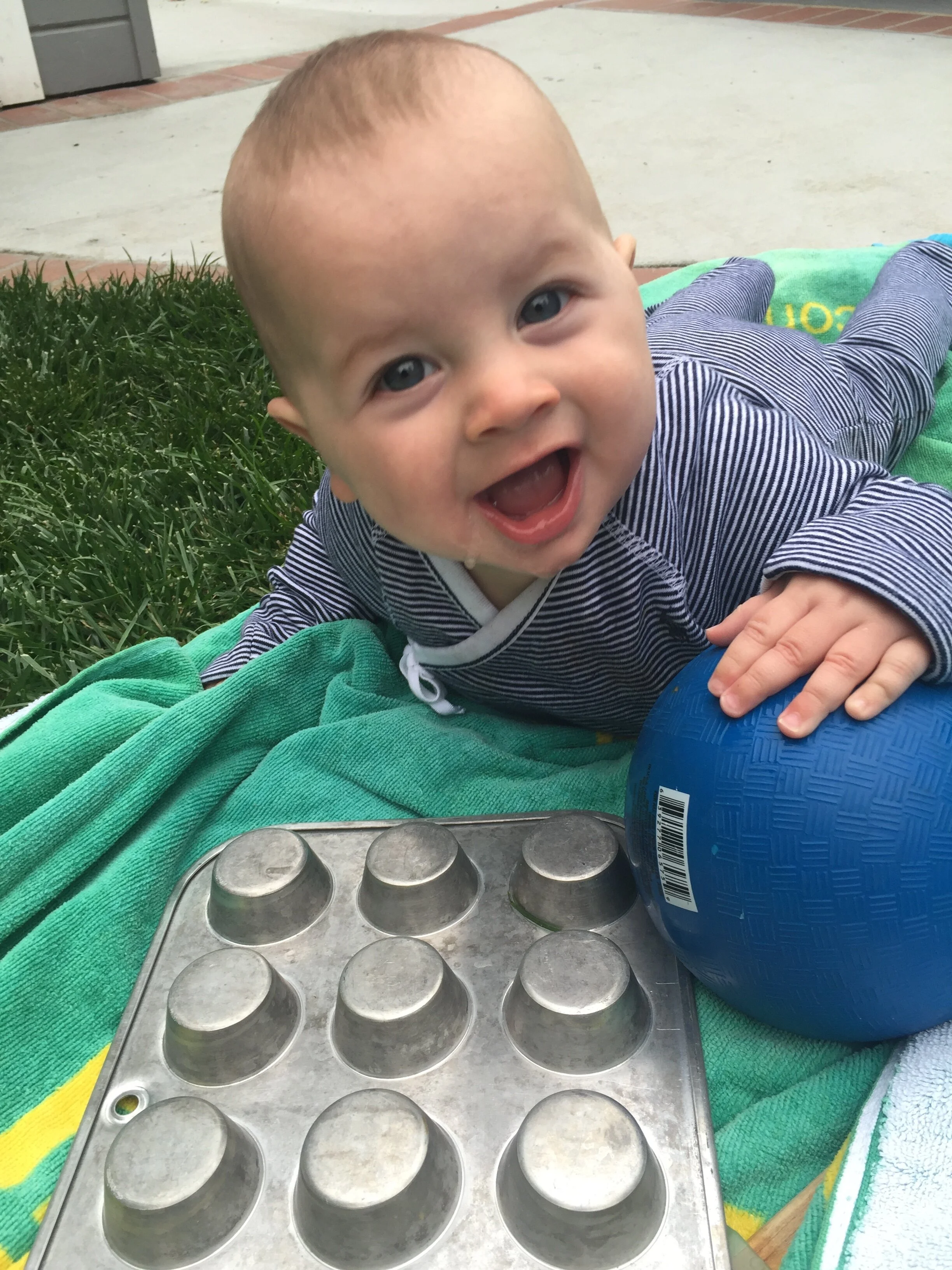


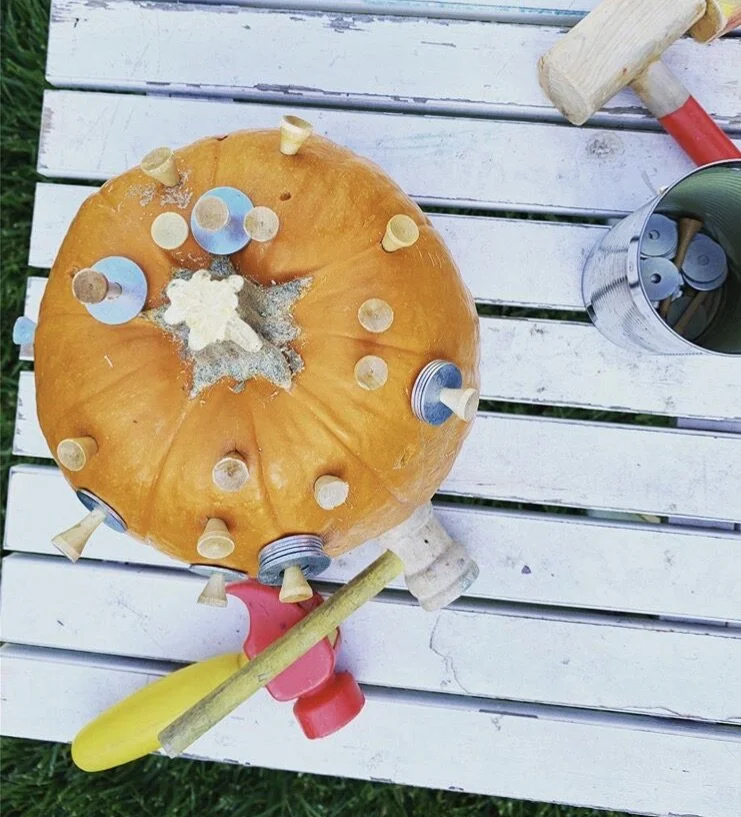







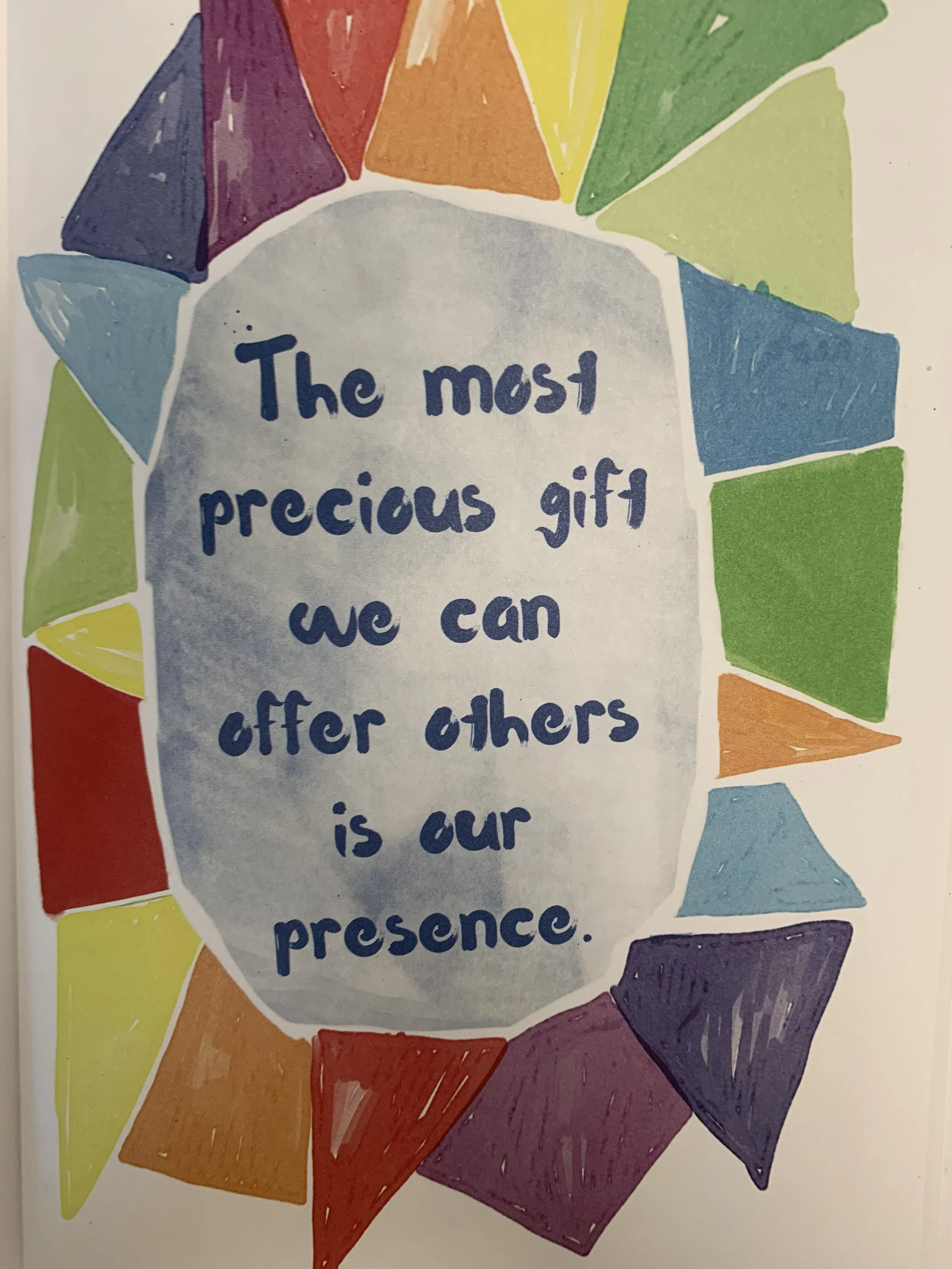
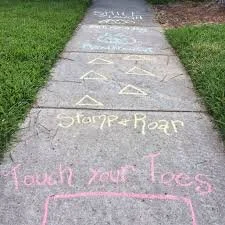
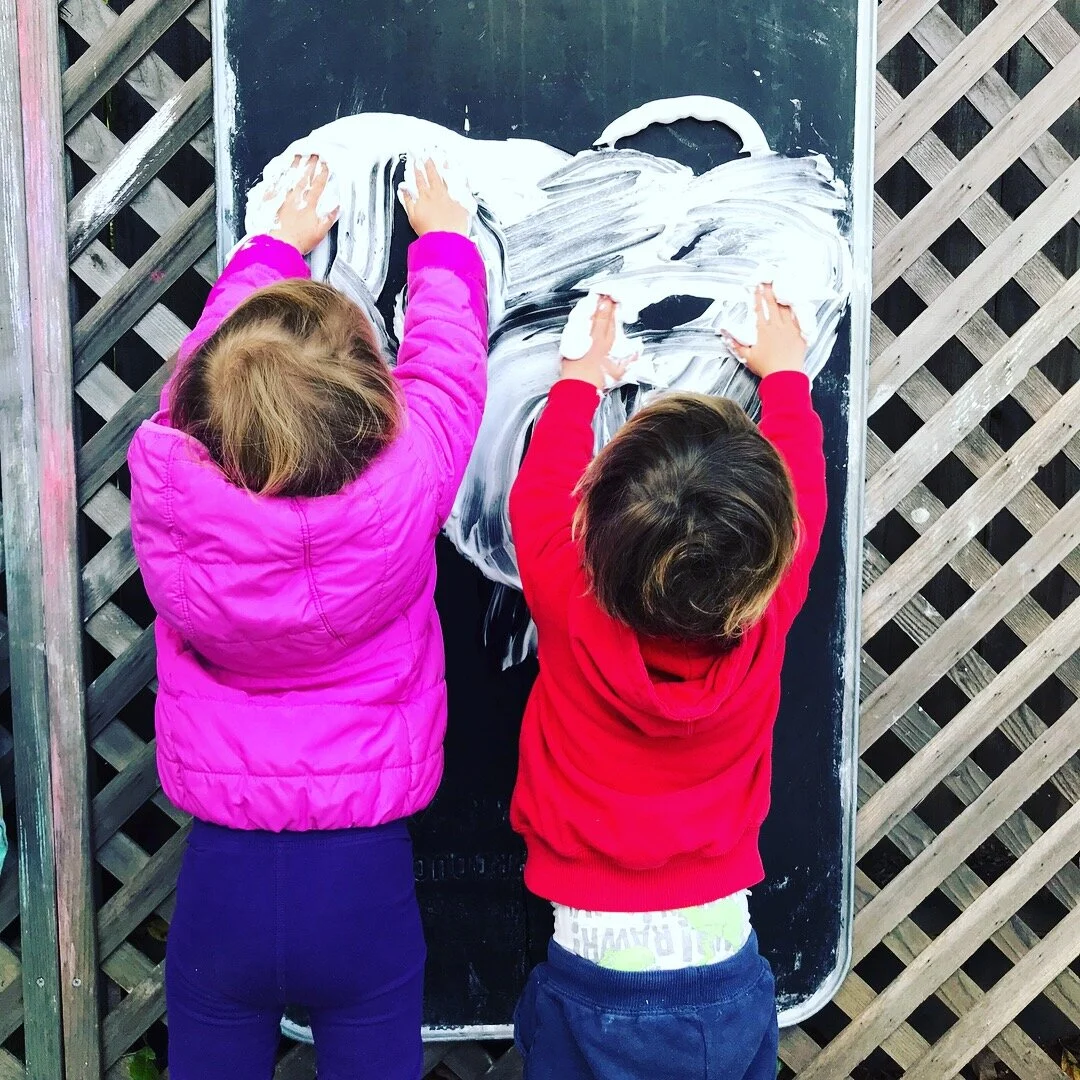
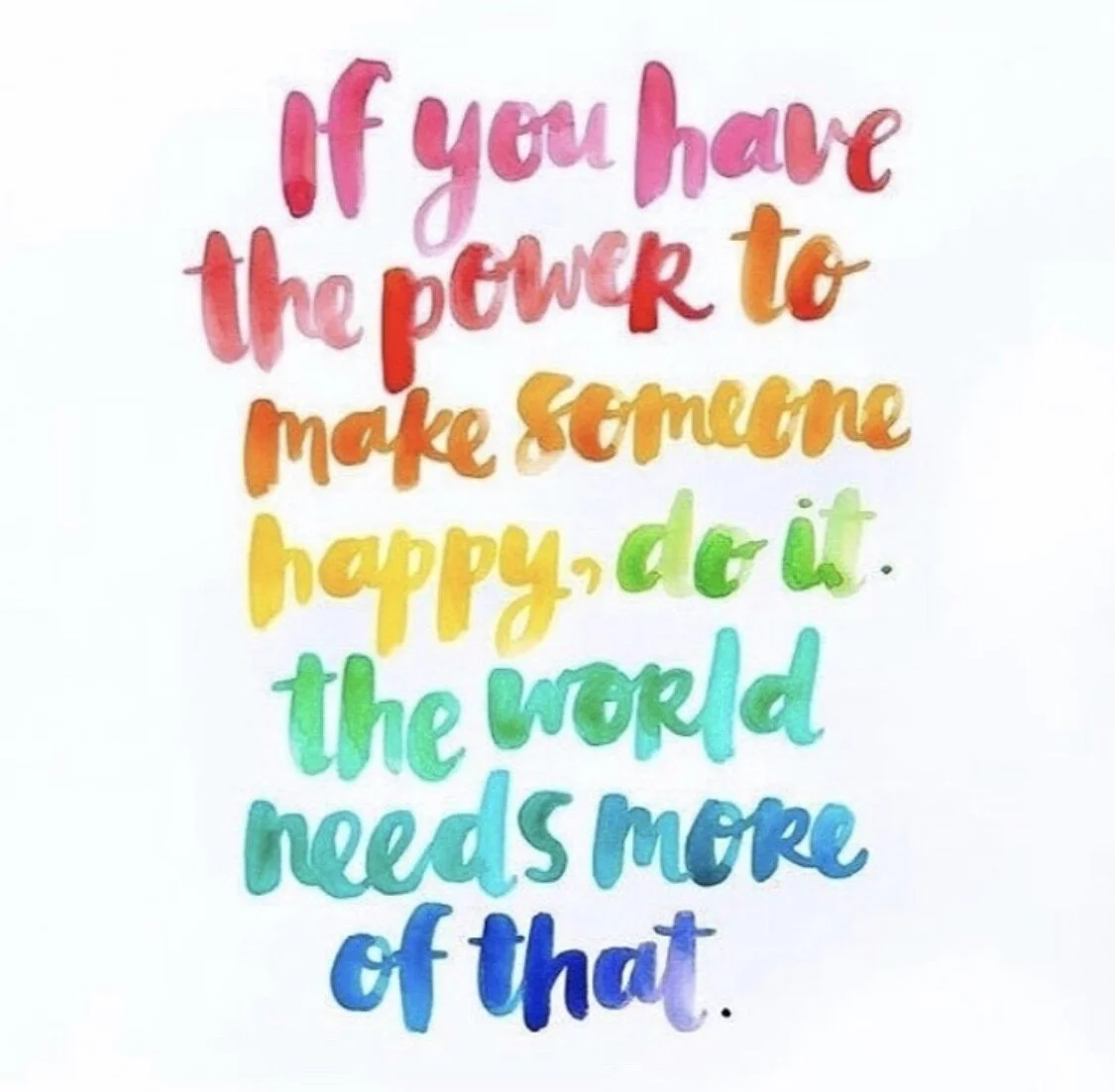
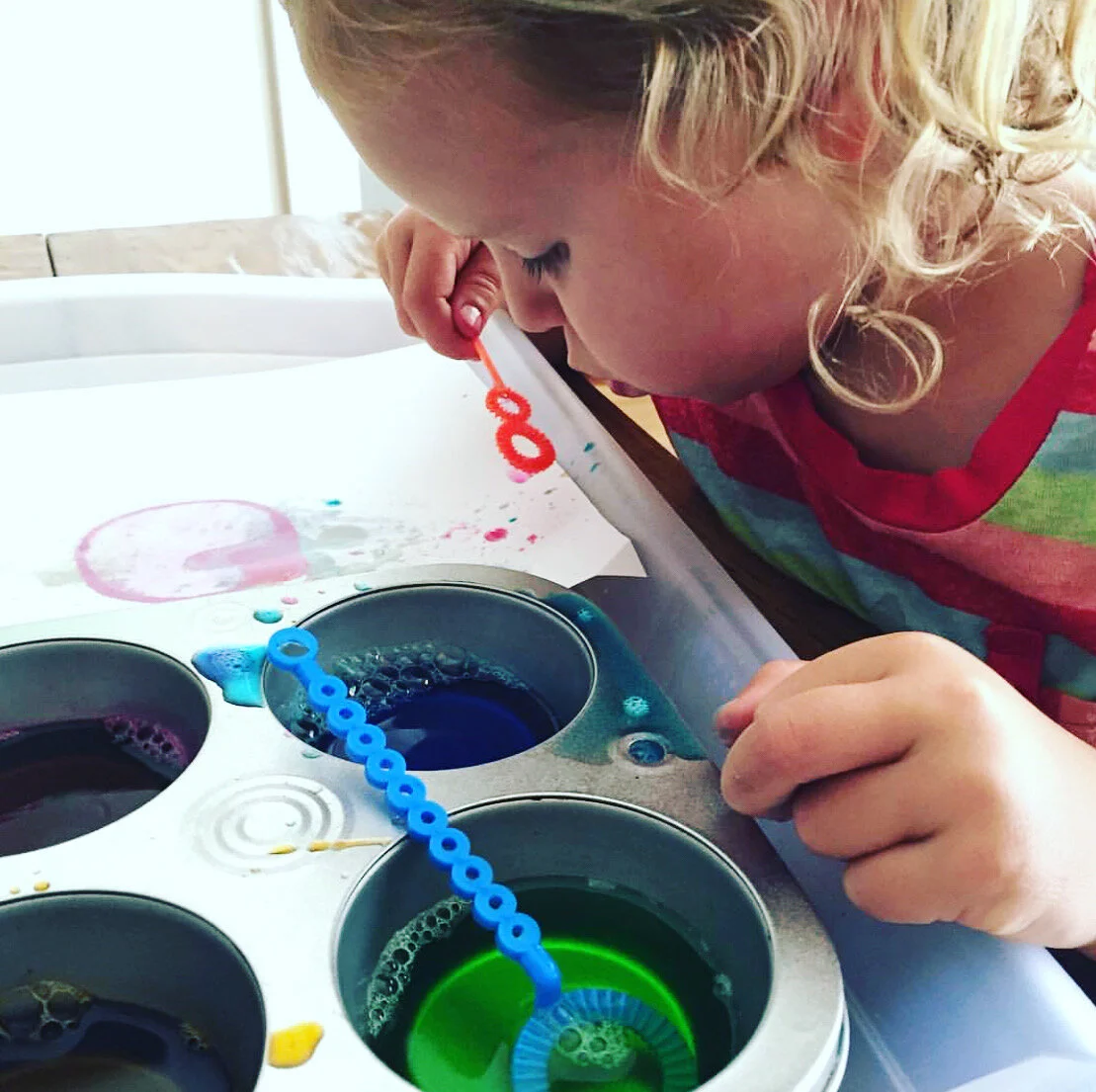



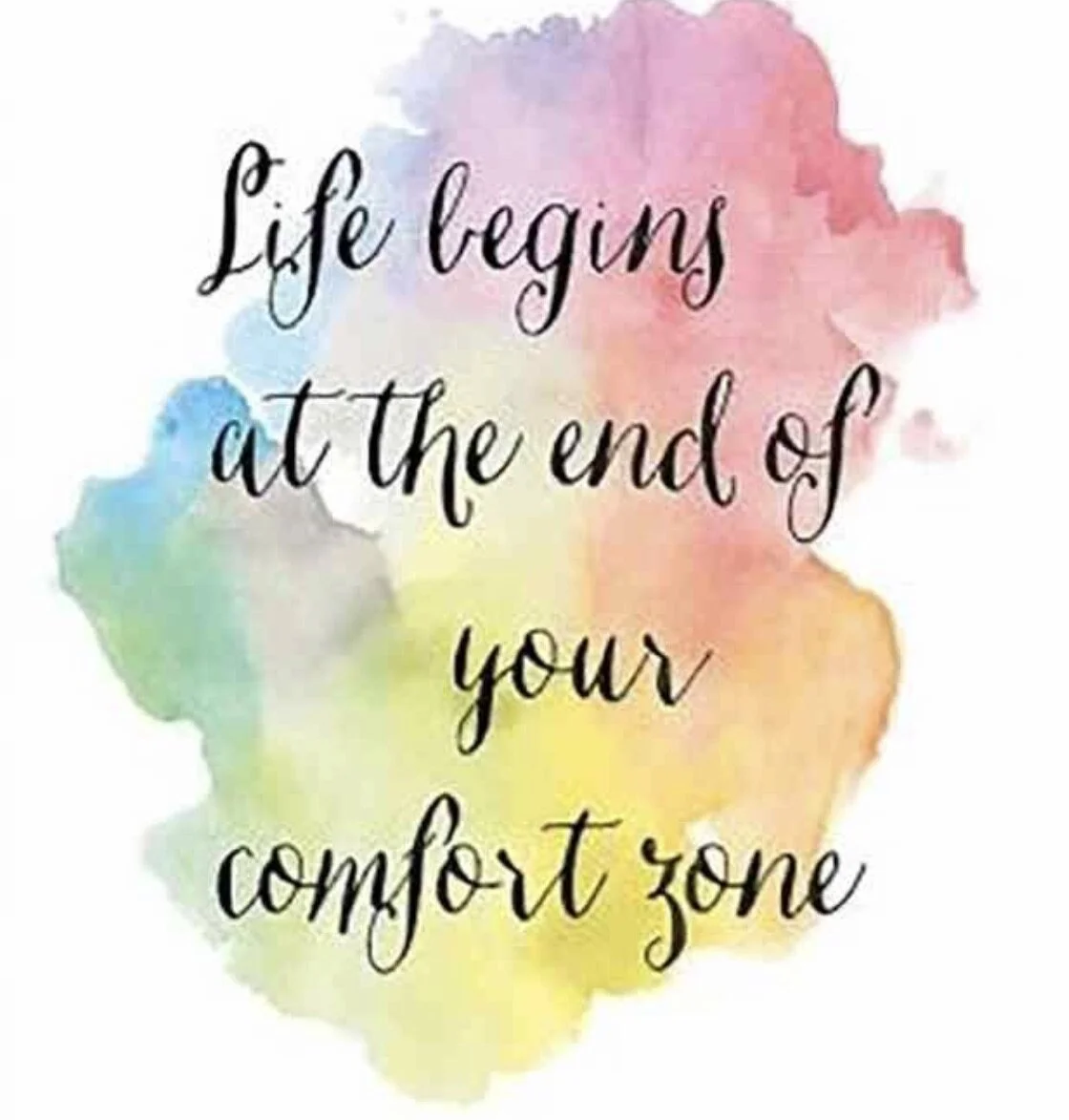
A look at some of the reasons why handwriting is important